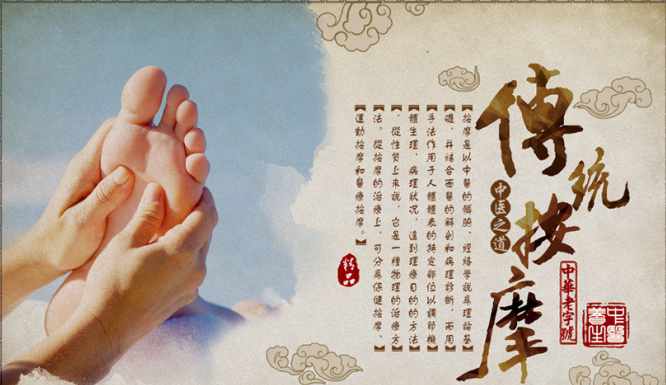Pharynx and larynx refer to the two different parts. As for this, western medicine and modern TCM have the same understanding. In ancient TCM, pharynx differed from larynx sometimes, and the two parts were mixed up sometimes. The chapter Youhui Wuyan in Miraculous Pivot says: "Yanhou(Pharynx) is the passage of food stuff. ", "Houlong(larynx) is the air passage." Here, two concepts "Yanhou" and "Houlong" appeared. The book distinguished the two concepts by defining them as "the passage of food stuff" and "the air passage" respectively. Meanwhile, it mixes up the two concepts "pharynx" and "larynx".
Besides, because the ancient TCM had no medical devices for laryngeal examination, it could not distinguish definitely pharyngeal diseases from laryngeal diseases. Accordingly, TCM theories discuss pharynx and larynx together as one part (throat). The throat is closely related to the following viscera, meridians and collaterals.
1. Lung and Stomach
Anatomically, the pharynx connects with the stomach, and the larynx connects with the lung. The visceral dysfunctions of the lung and stomach are naturally reflected by the larynx and pharynx. For example, the suppurative disease of the pharynx often results from the scorching of rising stomach fire; the acute disease of the larynx mostly from wind and heat of the lung meridian.
2. Spleen
The spleen controls transportation and transformation of food stuff, raises the lucid and lowers the turbid. The chapter Yinyang Leilun of Plain Questions says "Dryness of the throat reflects the disease of the spleen." If the spleen qi is deficient, the lucid yang qi will fail to be raised, causing the loss of nourishment of the throat. This is why the patient with chronic pharyngitis often suffers from dry throat.

3. Kidney
The kidney meridian of foot-shaoyin passes the throat, and the kidney governs water metabolism. If the kidney yin is deficient, the throat will lose its nourishment, giving rise to chronic pharyngitis, laryngitis, etc.
4. Liver
The liver meridian of foot-jueyin also passes the throat, and the liver governs dispersion. Emotional disorders may cause the liver to lose its dispersion, resulting in globus hystericus, etc.
5. Heart
The chapter Xieqi Zangfu Bingxing of Miraculous Pivot says: "If the heart meridian is obstructed, aphonia will occur." Clinically, some hoarseness-related diseases may be cured by treating the heart meridian. For instance, vocal nodules and polyp of vocal cord may be treated according to the theory that the heart controls blood circulation with the method of promoting blood circulation to remove blood stasis; hysteric aphonia may be treated according to the theory that the heart controls mental activities with the method of nourishing the heart and tranquilizing the mind.







